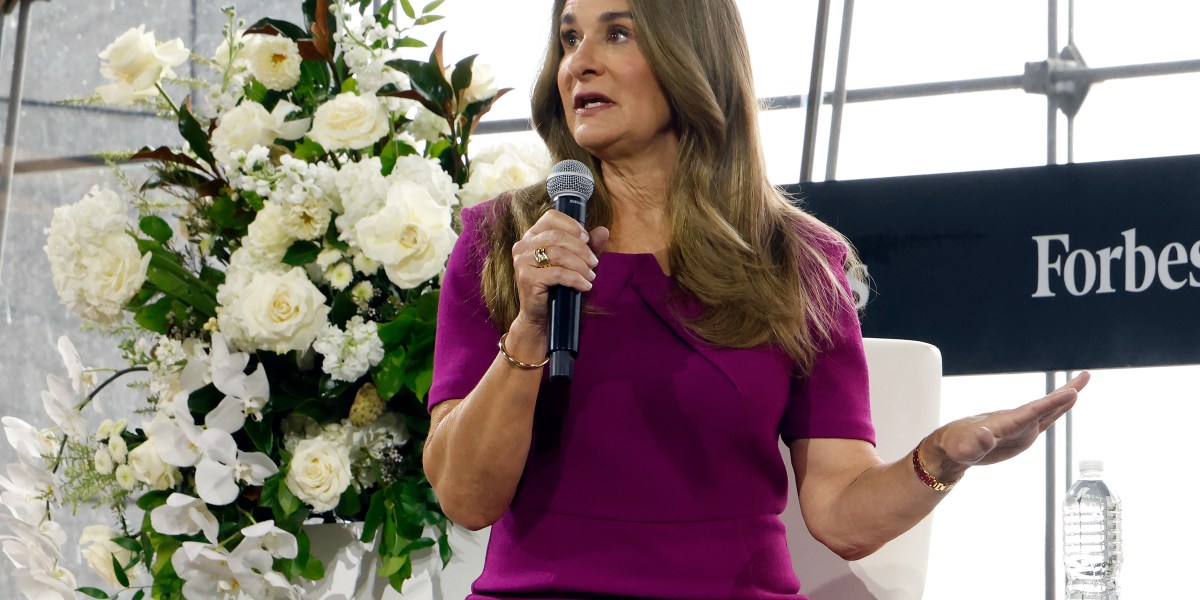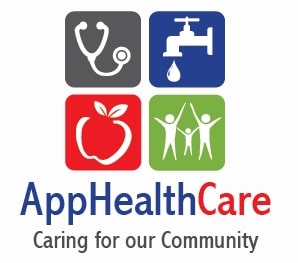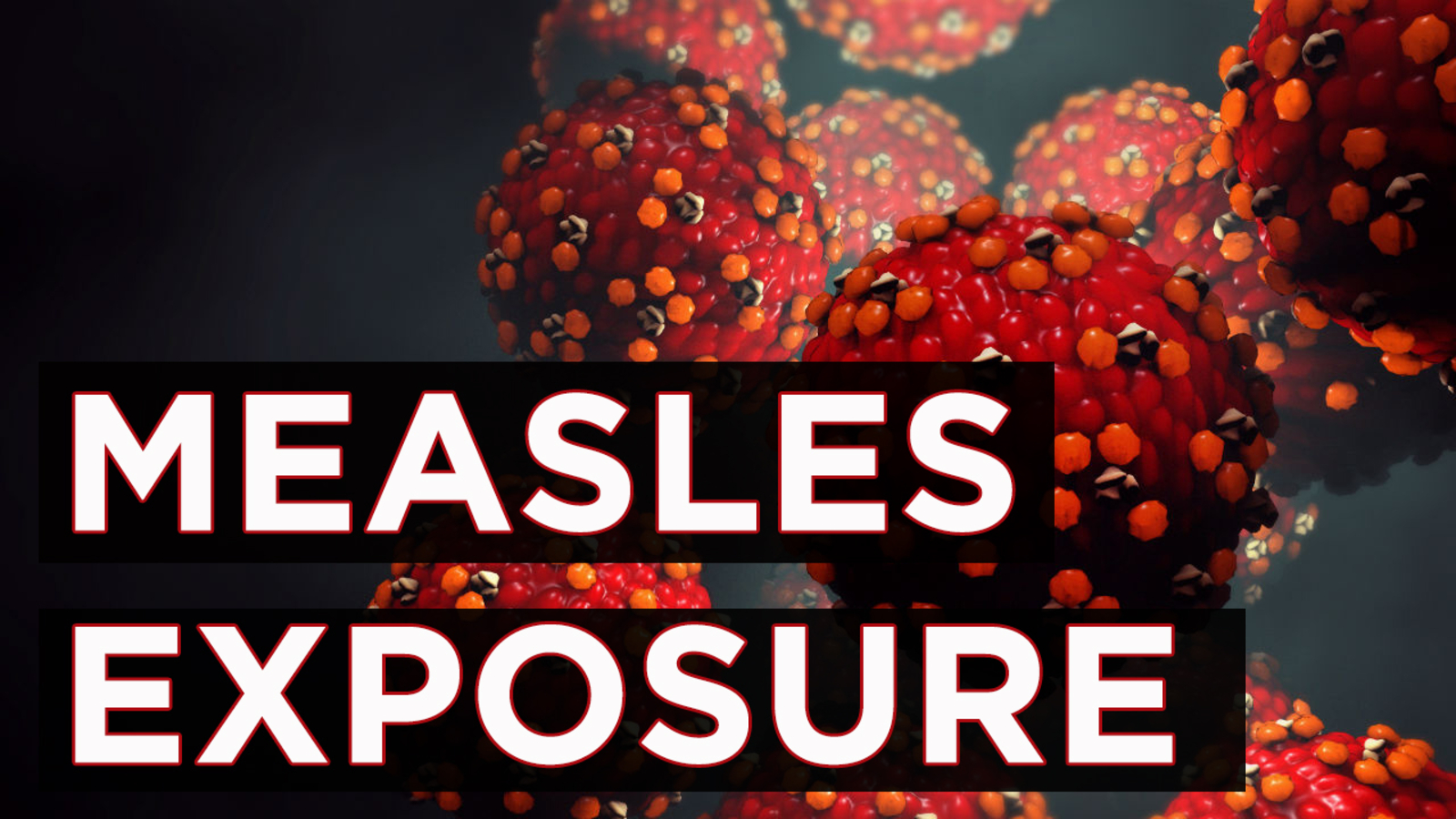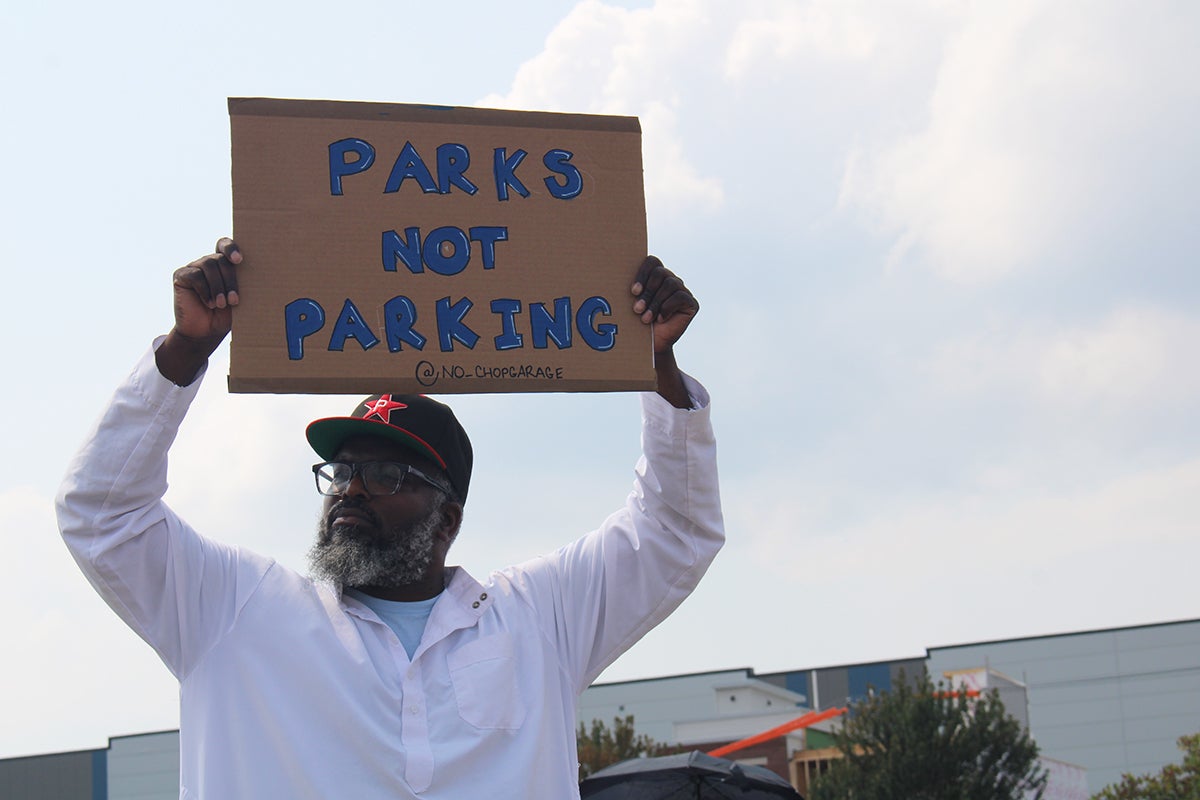Shots for All: Walz Moves to Break Down Vaccine Barriers in Minnesota

Governor Tim Walz has issued a critical executive order empowering Minnesota's healthcare providers to continue administering vaccines based on their professional medical expertise. The order also directs the Minnesota Department of Health to collaborate proactively with other state agencies to eliminate potential obstacles and ensure seamless vaccine accessibility for residents.
By granting healthcare professionals the autonomy to make vaccine-related decisions, the governor's directive underscores the importance of medical judgment and patient-centered care. The executive order aims to maintain public health protection and support individual healthcare providers in their critical role of delivering essential immunization services.
The comprehensive approach seeks to streamline vaccine distribution and remove administrative barriers that might otherwise impede timely and effective vaccination efforts across the state.








